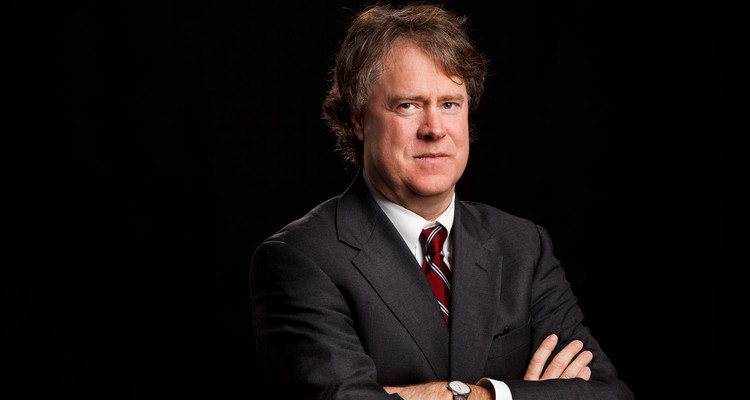
Law professor Mark Osler wrote a column for the Star Tribune on why the U.S. justice system has a bail policy, and how that policy affects violent crime in the country.
From the column: The blaming of bail for violent crime is often staked not on data, but on a single case where someone out on bail for a lesser offense commits a much more serious one. The implication is that if we could just deny bail (or impose an unreasonable bail) for those lesser offenses, we could prevent the more serious crime by keeping people behind bars before trial. That's a pretty blunt tool, and one that runs afoul of the state constitution and the bedrock principle that those accused of crimes are deemed innocent until proven guilty.
There is always a trade-off between liberty and safety; that's the underlying dynamic of criminal law. If we deprive more people of freedom, we achieve some measure of safety. After all, if we imprison half the population, we would incarcerate a number of people who otherwise would commit crimes. We could conceivably amend the Constitution — well, Constitutions (both state and federal) — and seek safety by denying bail entirely for a broad swath of low and mid-level offenses. The cost in liberty, though, and the shredding of the presumption of innocence, is too high a cost.







